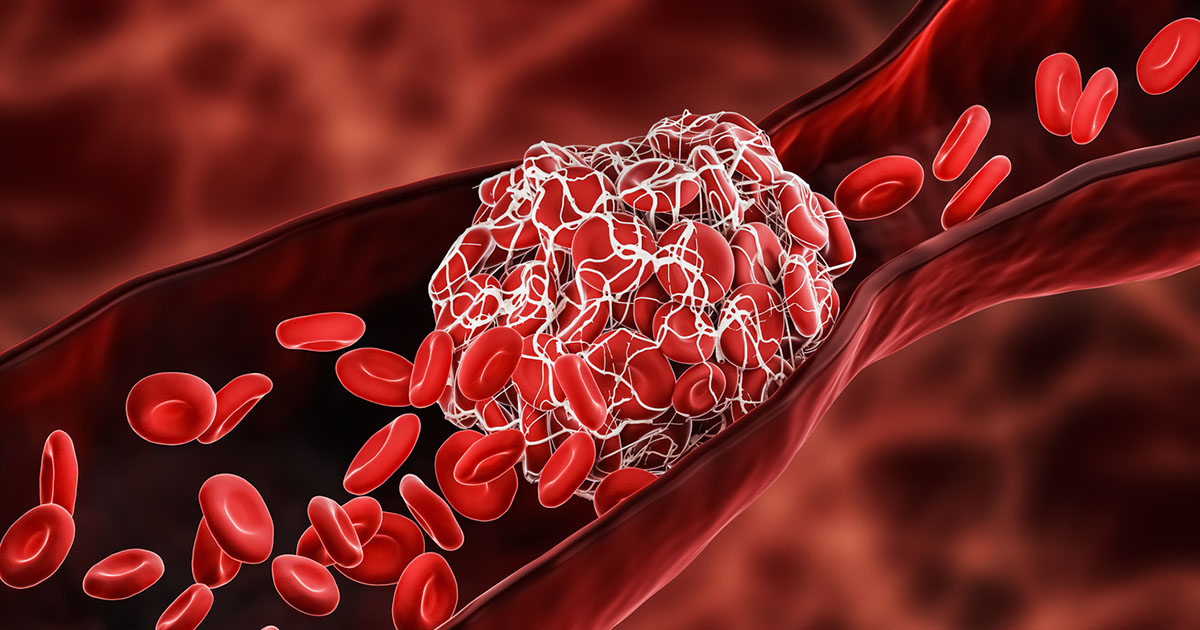Responses to: A patient does not attend a hospital clinic (from Vol 10 No 1)
Janet Collins, Diabetes Nurse Specialist Team Leader, Grantham Diabetes Centre, Grantham and John Bardwell, Podiatrist, Pilgrim Hospital, Lincolnshire.
This case study presents with several interesting features. The patient is clearly overweight, having a BMI of 31 kg/m2, his HbA1c and blood pressure are beyond an acceptable range. His total cholesterol is too high and he is beginning to develop stage 2 kidney failure. The patient is non-adherent and missing his appointments.
Our plan for him would be as follows:
- Obtain up-to-date information: a full blood glucose profile and creatinine level.
- The most crucial aspect of his care is his blood pressure, due to his kidney problem. We would increase his blood pressure medication lisinopril or consider the use of ramipril due to the clinical evidence that this is renal protective. His blood pressure needs to be 140/80mmHg or ideally even lower due to his kidney problem, 135/75mmHg for example.
- Lower total cholesterol level: he will need to continue on a statin but this should be intensified.
- He is overweight and on a basal–bolus insulin regimen. Insulin is an anabolic hormone that will increase weight, but he needs to decrease his glycated haemoglobin level. At first, we did think that he could substitute his insulin for an incretin mimetic such as exenatide, but on reflection he has had type 2 diabetes for 11 years and there may be an appreciable loss of insulin beta-cell function. Therefore, we would optimise the bolus insulin according to the blood glucose profile and increase his insulin detemir to give him better basal control. We would possibly add metformin in 500mg bid. He is concerned about developing hypoglycaemia, which may be overcome by formulating hypoglycaemic management strategies and treatment plans with him. This is an area in which he needs to be educated and to be aware of the different time zones relating to insulin administration due to his extensive travelling between different countries.
- We would also suggest a low dose aspirin because he has had diabetes for 11 years with poor control and there could be some silent pathology even though his eyes and feet are apparently normal.
- Due to his busy work schedule, we would contact him by telephone or email and try to fix appointments that are mutually acceptable to both of us. Flexibility is essential in this case, or he may be lost to follow up. He will also need well structured education to make him aware of the potential pathology that will develop unless he takes control of his diabetes.
- Finally, we would advise him on lifestyle changes relating to diet and promote physical exercise. Both these aspects would help him lose weight and may result in a reduction in his insulin level needs.
Manish Bhasin, Principal GP , Freshfield Surgery, Formby
This seems to be a case where the person with diabetes has not completely accepted or understood his condition. This may point to the fact that we, as clinicians, have failed to some extent to make sure the patient understands the impact of poor glycaemic control or raised cholesterol, weight and blood pressure. In my experience, patients are usually quite good at responding to an appointment request from their GP. A quick letter or phone call with an appointment request may bring the patient to the surgery which is half the battle won.
Next, we would need to educate him about diabetes to empower him to make changes to the management of his condition. His worries of hypoglycaemia would need to be addressed to win his confidence. Treatment would also need to be tailored to his lifestyle.
In terms of medical management, I would suggest stepping up lisinopril and atorvastatin to begin with, and along with necessary diet and exercise advice, gradually increase the insulins with careful monitoring and address any need for anti obesity drugs.





Small increases in three lifestyle behaviours is effective in reducing all-cause mortality.
27 May 2025